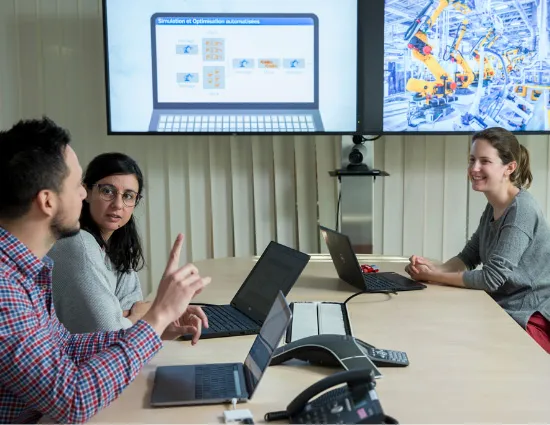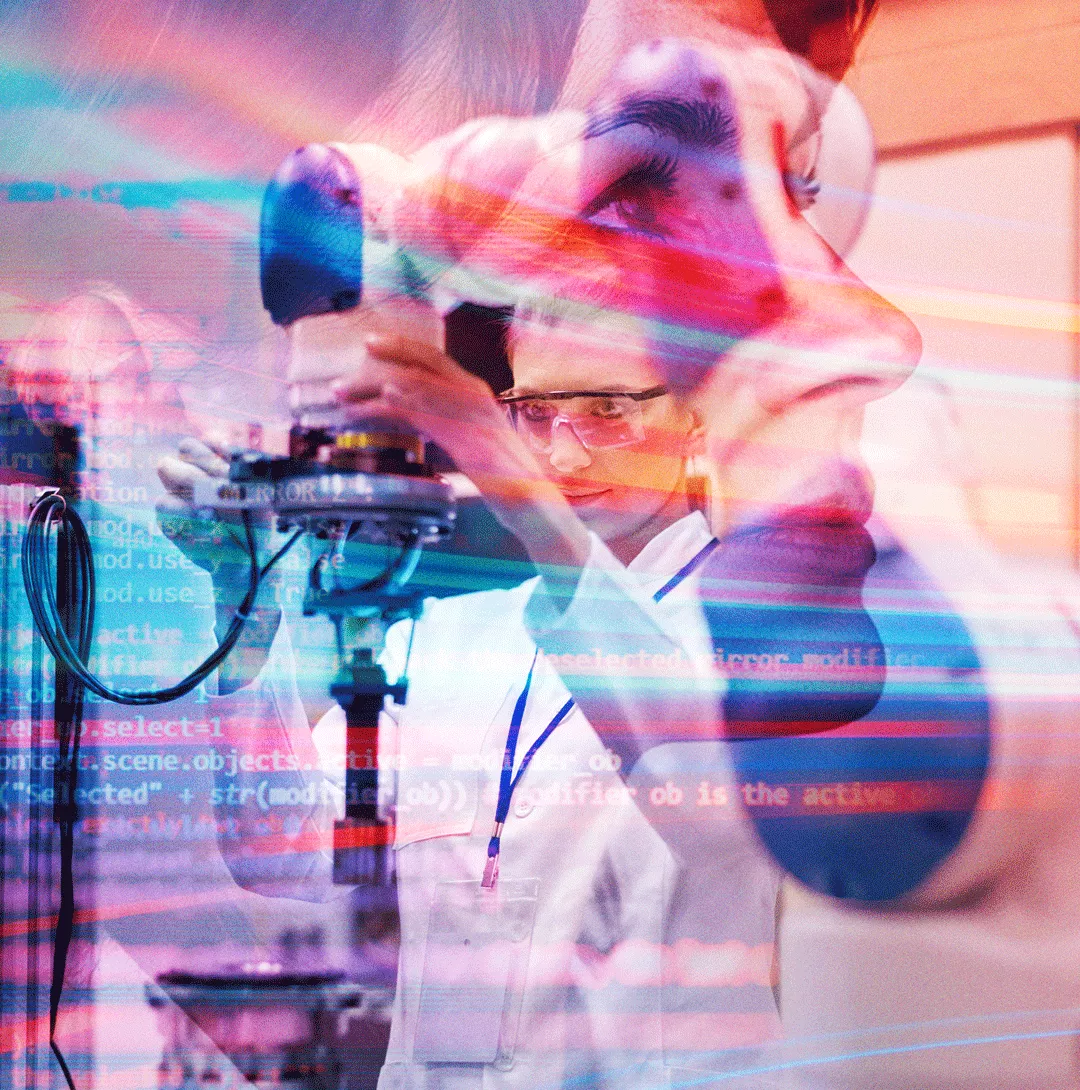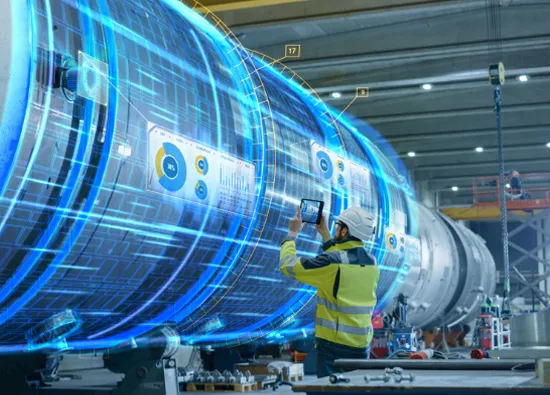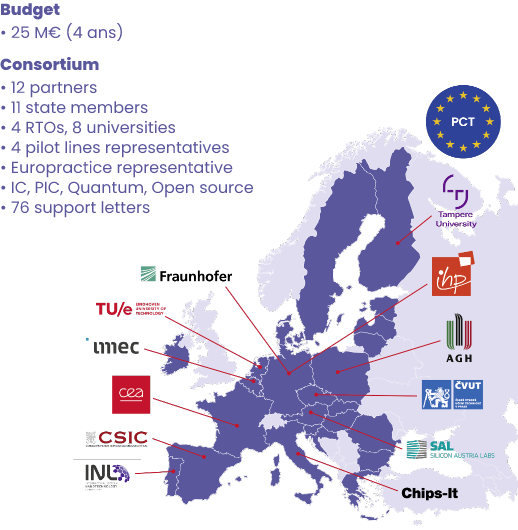Program Agencies
The national Program Agencies, set up in 2024, coordinate research nationally, bringing France’s top research teams together around topics deemed strategic at the national level. Large-scale, operationally-oriented research programs with budgets ranging from €20 million to €40 million can be financed through the Program Agencies. CEA-List is co-coordinating (with Inria) the AI chip program under the CEA-led ASIC (“from components to digital systems and infrastructures”) Program Agency, whose work spans components to systems to digital infrastructures. Finally, CEA-List is contributing to the Inria-led Digital (“algorithms, software, applications”) Program Agency, coordinating research on AI evaluation and digital twins.
« Recherche à risque »
The CEA’s moonshot program, Audace!, which has been allocated €40 million in government funding under the national France 2030 plan, targets high-risk but promising science and technology research. TwinSec, a key project led by CEA-List and CEA-Leti, focuses on secure-by-design SoCs. The researchers will model attackers’ capabilities, analyze physical impacts on hardware, and apply formal methods to guarantee a high level of security. A holistic digital twin of the system and of attacks will be designed with a view to countering most vulnerabilities natively in the SoC design.
TwinSec
Hardware security
The first-ever holistic digitaltwin for secure-by-designSoCs
- Four-year capacity building moonshot project
- Budget: €4 million
- Led by CEA-List and CEA-Leti
- 8 research teams from the CEA, Grenoble-Alpes University, Inria, CS,and MSE
- End-to-end attacker capacity modeling Formal methods to guarantee a high level of security
- Secure-by-design SoCs Creation of super-resilient islands of trust
- Nationally-strategic research

Research for the second quantum revolution
We are bringing our expertise innumerical calculation to deeper engagement with the second quantum revolution. We launched major capacity-building projects in quantum in 2024, including Quorum, la Maison du quantique d’Île de-France, and IRT Nanoelec’s Q-Loop. Our roleis to serve as acrucial connector between academic research and real-world applications by developing and transferring quantum technologies. For the Quorum project, for example, we will be developing industrial use-cases and implementing the quantum algorithms developed under the HQI program.
Q-Loop
Scale up control andreadout electronicsfor quantumcomputers
- €40 million in government funding through France 2030 €25 million in private sector funding
- 6 years
- 2 semiconductor manufacturers 6 quantum startups
- 5 research organizations



